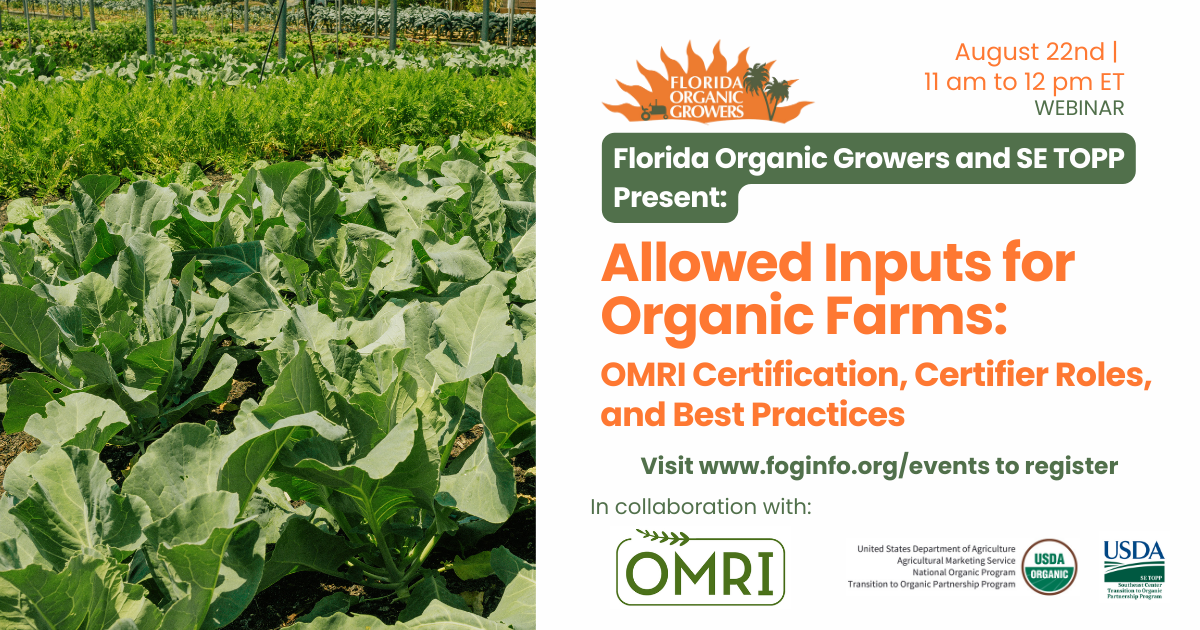1-page fact sheet providing guidance on treated lumber on certified organic or transitioning operations.
Resources Category: Organic Inputs and Materials
Identify approved organic inputs and materials essential for organic farming. Access guidance on sourcing, application methods, and compliance to meet organic standards.
Compost & Manure Fact Sheet
1-page fact sheet guiding usage of compost and manure on certified organic operations.
Webinar – Allowed Inputs for Organic Farms
This webinar is designed to help organic farmers navigate the complexities of input selection for organic production. Discover how OMRI certifies products, the benefits of using OMRI-listed inputs, and guidelines for maintaining organic compliance. Learn about the certifier’s role in input review, including the decision-making process and the types of questions they can and cannot… Continue reading Webinar – Allowed Inputs for Organic Farms
Organic Insecticides
In this episode I deep dive into organic approved insecticides. There’s more than just Pyganic and Neem!
Organic Insecticides
In this episode I deep dive into organic approved insecticides. There’s more than just Pyganic and Neem!
Residue Testing For Import Organic Compliance Verification
This article describes an idea proposed by farmer, Amy Bruch, as a potential solution to help address import fraud issues impacting grain farmers in the Plains region.
Organic Herbicides with Steve Diver
On this episode of The Acres U.S.A Podcast, hosted by Taylor Henry, we dive into sustainable farming, regenerative practices, and the intricacies of using herbicides in organic farming. Guest Steve Diver shares his extensive experience in horticulture and organic farming, highlighting the importance of cultural practices and cover crops in weed control. The discussion covers… Continue reading Organic Herbicides with Steve Diver
How Can Herbicides Be Used in Organic Farming Systems?
Safe and Effective Use of OMRI-Listed Pesticides
Ethan Grundberg, (Cornell’s Eastern New York Commercial Horticulture Program), presented best practices, explained the USDA National Organic Program and Organic Materials Review Institute, and provided an overview of commonly used applications including Bacillus thuringiensis, neem, pyrethrins, and spinosads. This is the second slideshow presented in the Organic Pesticide Basics / Fundamentos de los Pesticidas Orgánicos… Continue reading Safe and Effective Use of OMRI-Listed Pesticides
Organic Pesticide Basics
In this introductory presentation, Raul E. Lemus-Garza (Cornell Cooperative Extension Orange County), lays out key terminology, pesticide classification, and labeling. This is the first slideshow presented in the webinar recording of Organic Pesticide Basics / Fundamentos de los Pesticidas Orgánicos.
